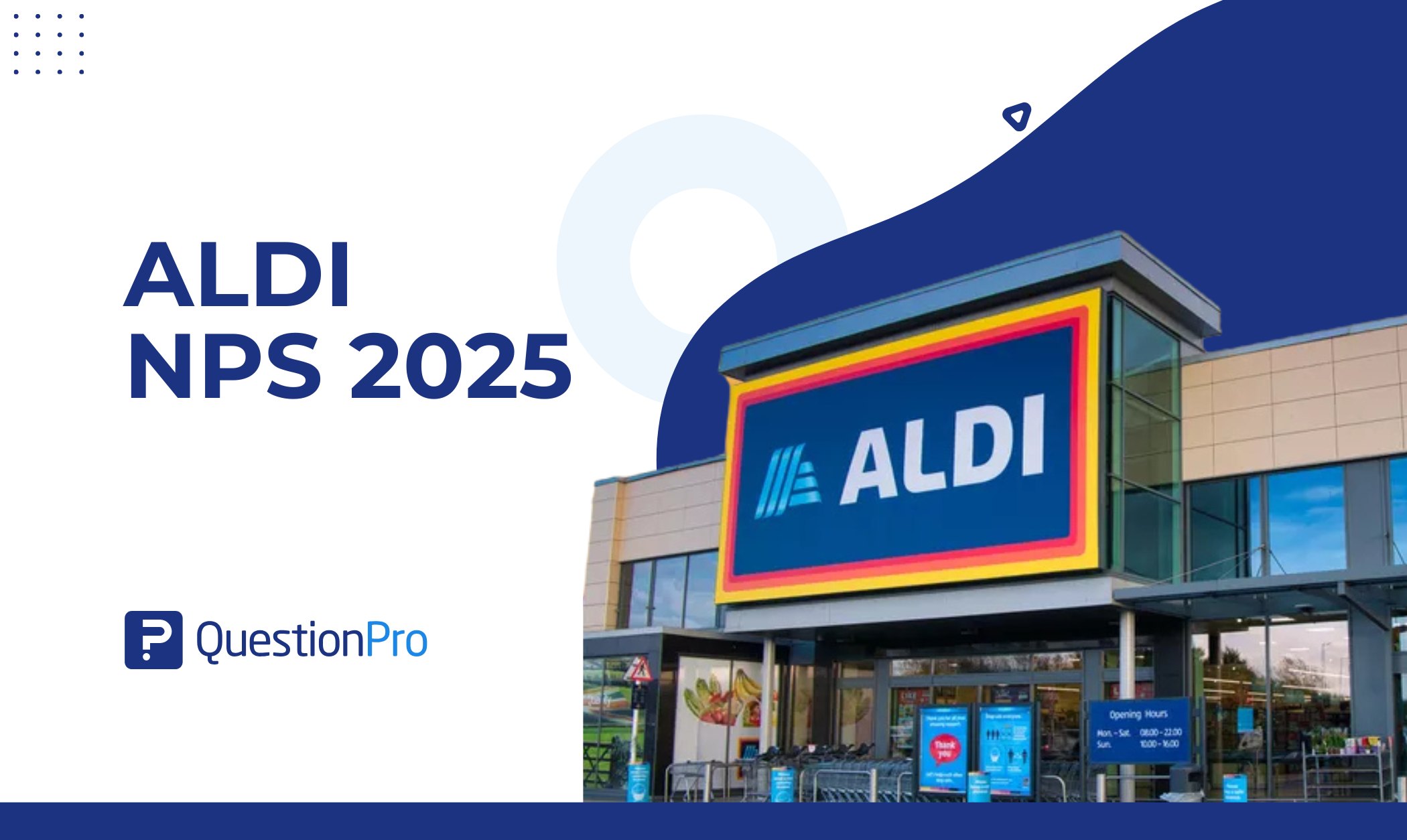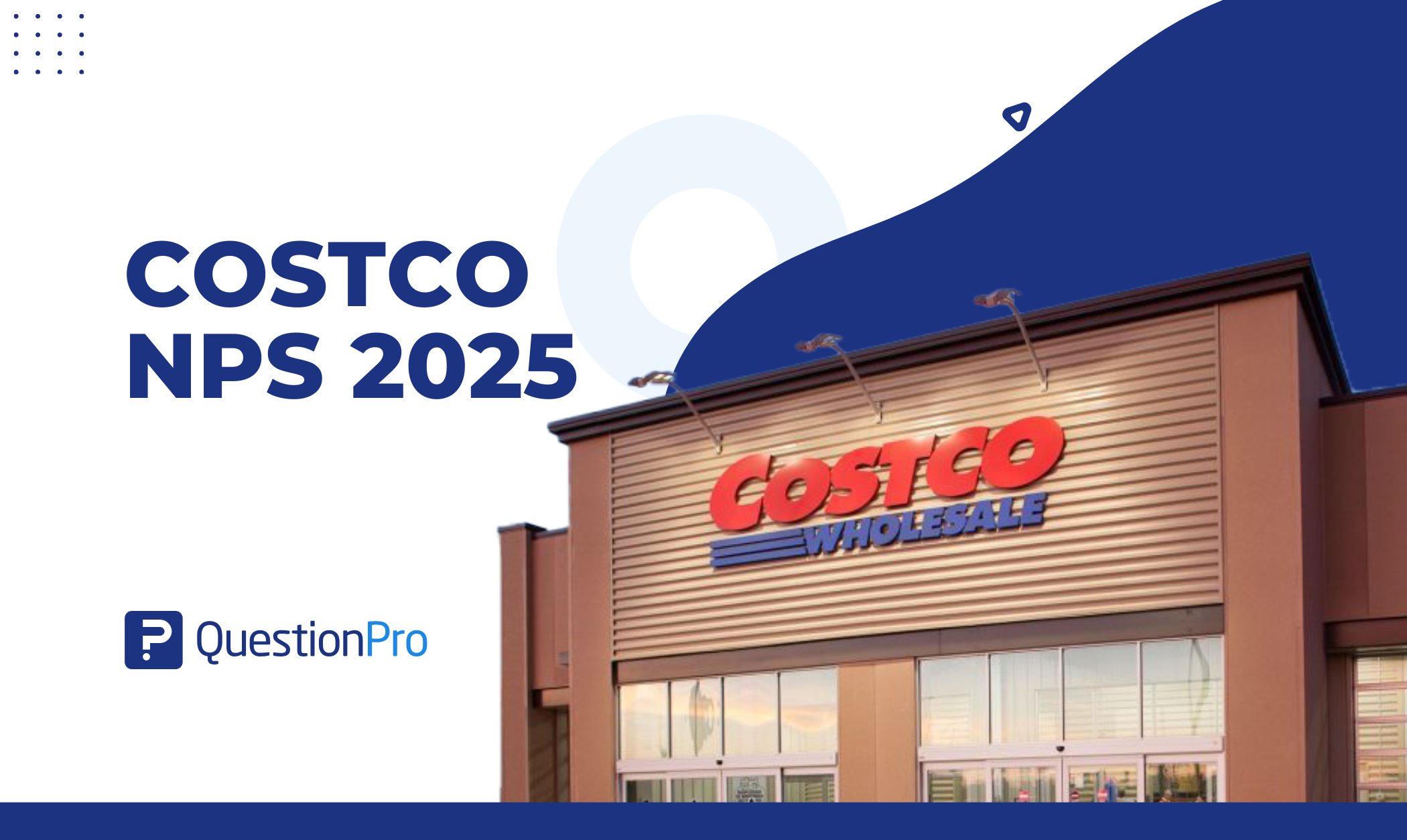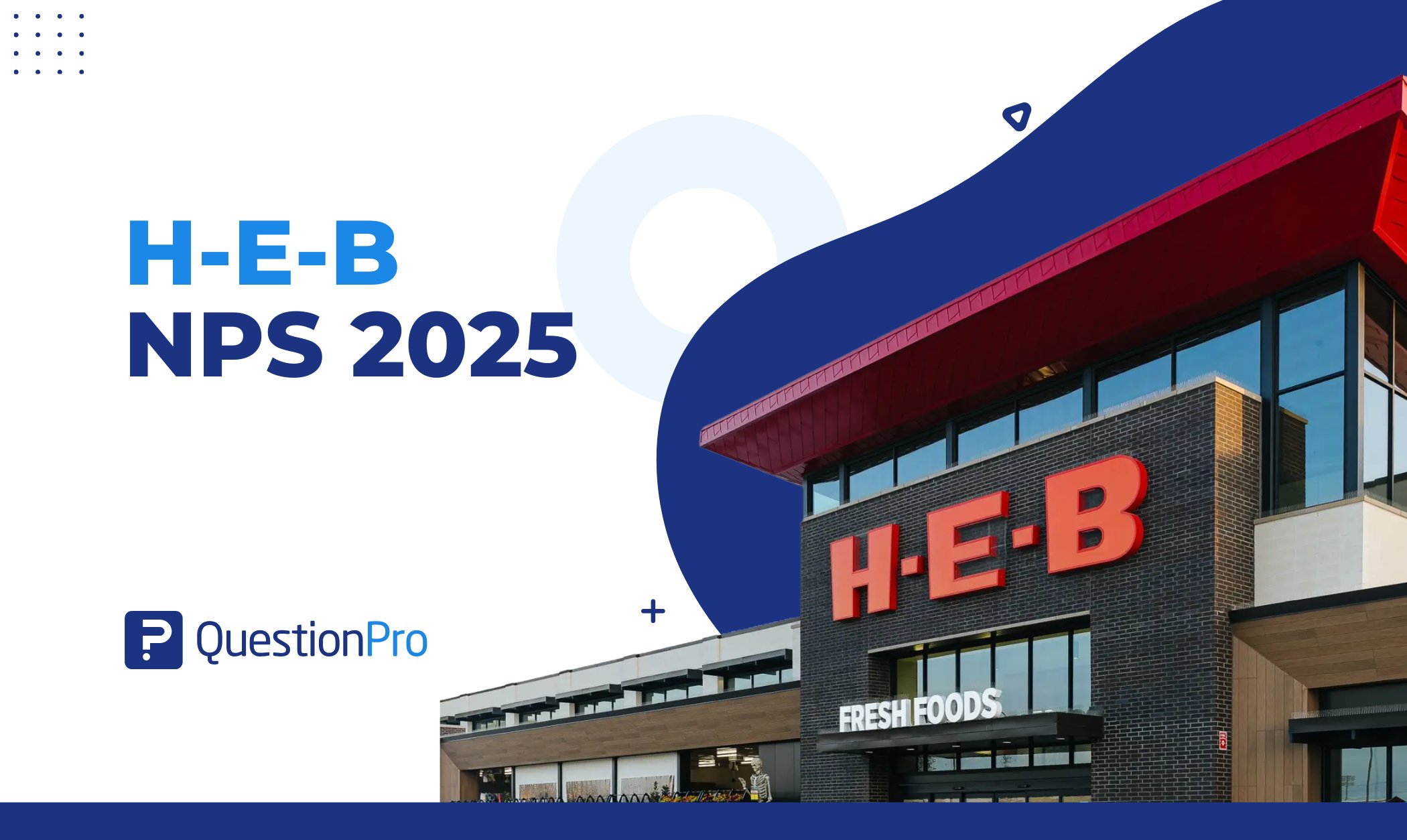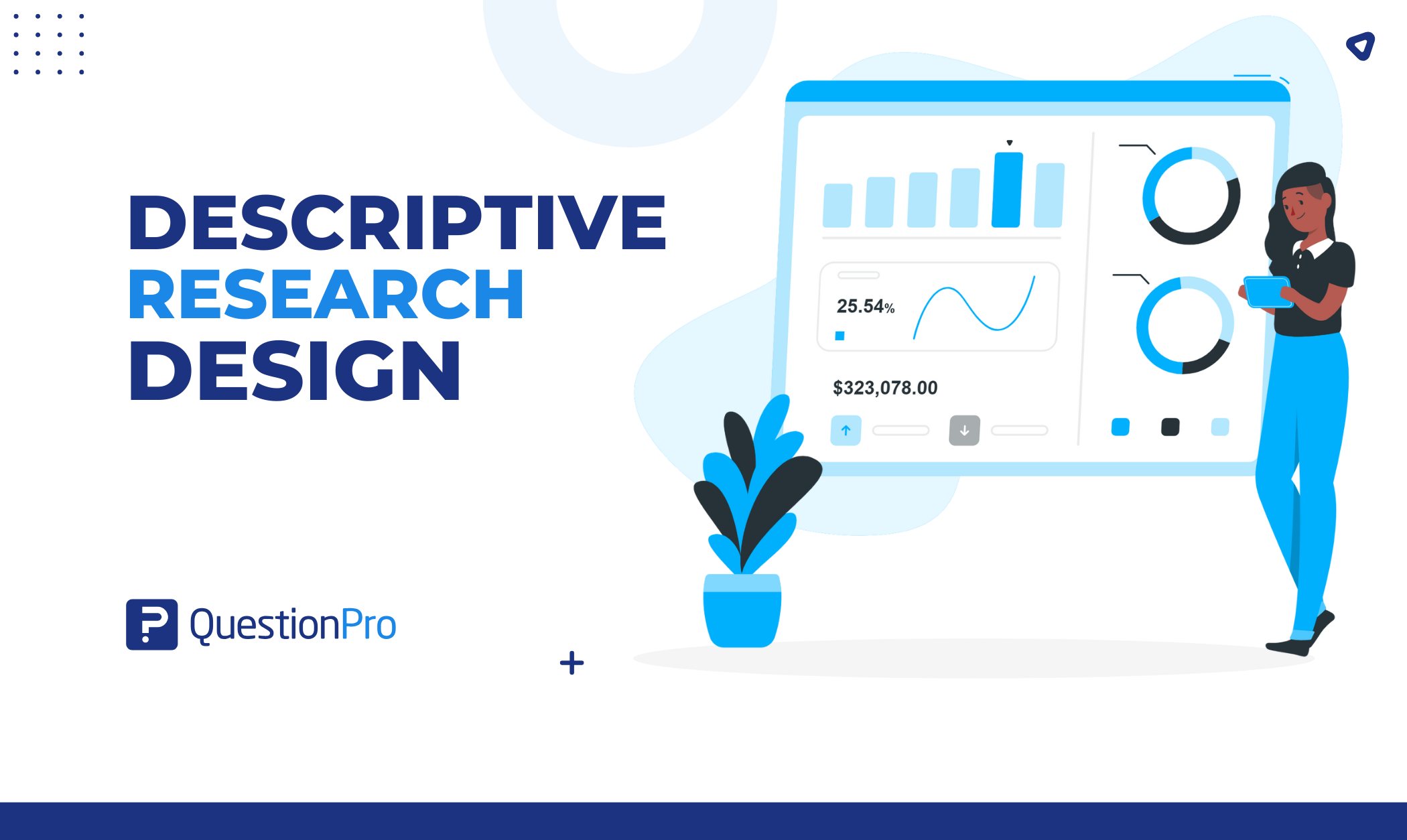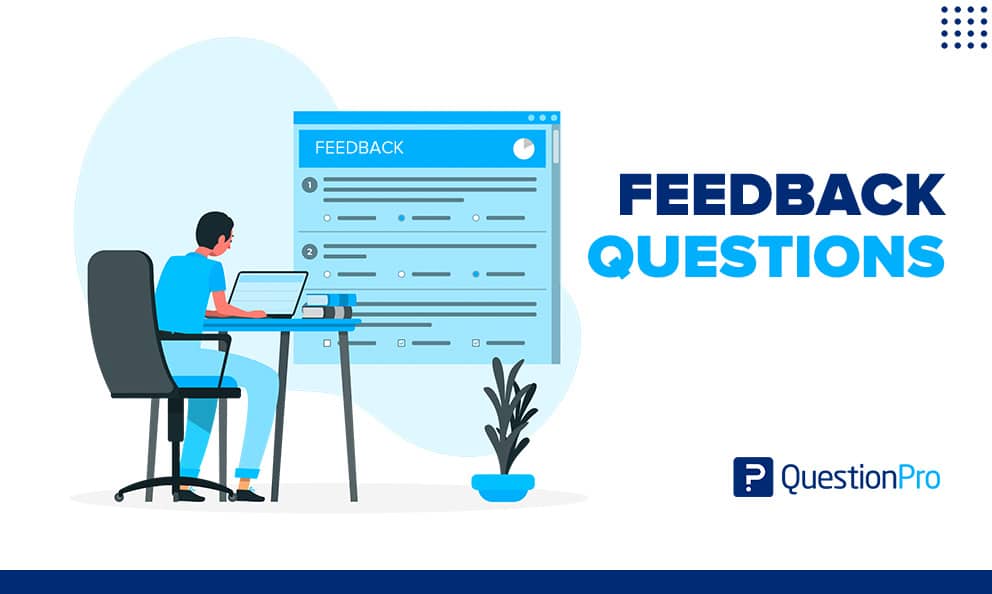
Feedback questions from customer surveys are invaluable for businesses to gauge customer sentiment toward their products and services. They play a vital role in enhancing customer service within an organization. Asking the appropriate customer feedback questions is the cornerstone of a successful survey. When phrased effectively, these questions provide valuable insights and yield the most from your customer feedback surveys.
Incorporating feedback questions into your satisfaction survey is pivotal for comprehensively understanding your organization’s standing. The following list of 27 feedback questions is well-suited for your company. To gather survey responses, conducting a survey is essential. Customer feedback, customer satisfaction, and customer feedback questions are the building blocks of such surveys. By consistently collecting feedback from existing customers, you can discern their needs and sentiments, using the data as market research to refine your products and services in alignment with customer expectations.
What are Feedback Questions?
Customer feedback questions are crucial in gathering valuable insights from individuals through various surveys and feedback collection mechanisms. These well-designed questions aim to elicit responses and opinions regarding specific products, services, or experiences. They serve as a means of assessing customer or user satisfaction, pinpointing areas for improvement, and gaining a deeper understanding of their experiences. These questions cover a broad spectrum of topics, ranging from overall satisfaction ratings to specific aspects like product quality, customer service, and the likelihood of recommending a service to others.
In a highly competitive market, customer feedback questions are indispensable for maintaining and enhancing customer satisfaction. By regularly soliciting and analyzing feedback, organizations can remain in tune with their customers’ evolving expectations and preferences. This feedback loop fosters a stronger bond between the business and its clientele, enabling a continuous improvement process. The result is the development of superior products, services, and experiences that closely align with customers’ desires and expectations. The Net Promoter Score (NPS) is one tool derived from these questions that measures customer willingness and loyalty to recommend, serving as a valuable metric for gauging overall customer satisfaction.
Benefits of Feedback Questions
Feedback questions have numerous benefits for businesses and organizations regarding customer satisfaction, loyalty, and overall customer experience. Here are some key advantages:
Improved Customer Satisfaction:
Implementing customer feedback questions in customer feedback surveys enables organizations to gauge and understand the satisfaction levels of their customers. This insight allows for adjustments to products or services, ensuring they better meet customer expectations and needs, leading to more satisfied customers.
Enhanced Loyalty:
Regularly collecting customer feedback and acting on their suggestions fosters a sense of being heard and valued. When customers see their input making a difference, they are likely to become loyal users, strengthening loyalty.
Data-Driven Decision Making:
Feedback questions offer a systematic approach for gathering and evaluating customer feedback, empowering businesses to make decisions informed by customer opinions and sentiments. It helps in prioritizing improvements and resource allocation.
Customer Satisfaction Score (CSAT):
Feedback questions often contribute to calculating the Customer Satisfaction Score (CSAT), a key performance indicator. A high CSAT score indicates that customers are content with the product or service, which can improve customer loyalty and repeat business.
Improved Customer Experience:
Through the continuous collection and proactive response to feedback, organizations can pinpoint areas of concern within the customer journey and implement measures to elevate the holistic customer experience. This results in more positive interactions and satisfied users.
Loyal Customer:
Satisfied customers are likely to become loyal customers. Loyal customers continue to do business with the company and become advocates, spreading positive word-of-mouth and contributing to new customer acquisition.
Feedback questions and customer feedback surveys are essential tools for understanding and improving customer satisfaction, loyalty, and the overall customer experience. These tools aid organizations in gathering data that can be acted upon, resulting in a contented customer base and heightened business achievement.
When to Use Feedback Questions?
Feedback questions should be used in various situations and at different stages of your business or organization’s operations to gain valuable insights, improve customer satisfaction, and refine your products or services. Here are some common scenarios when you should use customer feedback questions:
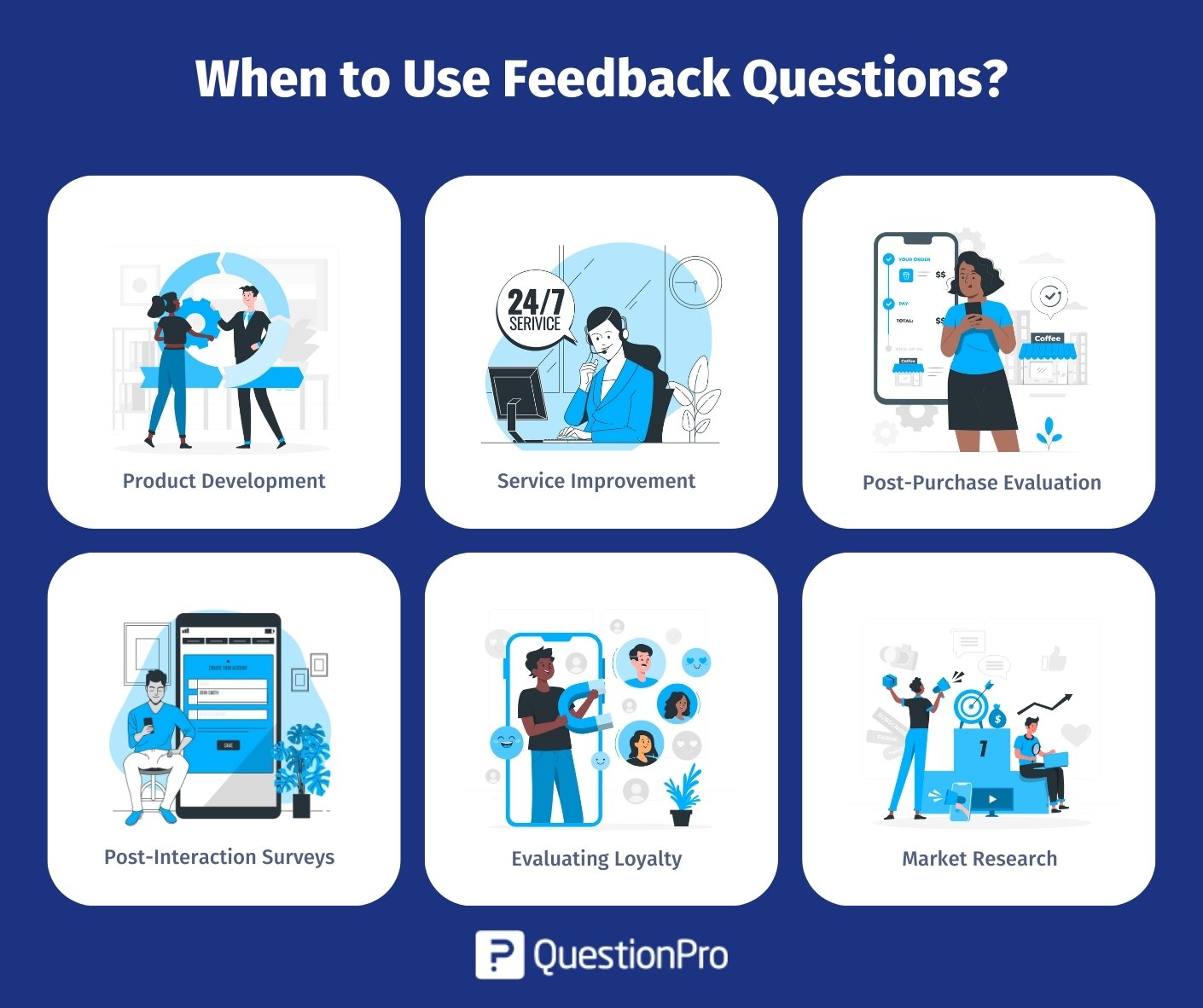
Product Development:
When designing or enhancing a product, gather customer feedback from potential or existing customers to understand their needs, preferences, and expectations. It helps you tailor the product to their requirements.
Service Improvement:
Regularly collect customer feedback to identify areas in your services that may require improvement. It can enhance the overall customer experience.
Post-Purchase Evaluation:
After customers purchase, inquire about their satisfaction with the product and the buying process. This information can guide your future product offerings and customer service strategies.
Post-Interaction Surveys:
After customer interactions, such as a customer support call or a service appointment, ask for feedback to evaluate the experience and ensure your team meets customer expectations.
Evaluating Loyalty:
Assess customer loyalty and the likelihood of them recommending your products or services by using Net Promoter Score (NPS) questions.
Market Research:
As part of your market research efforts, utilize feedback questions to gain insights into consumer preferences, industry trends, and competitive analysis.
Incorporate feedback questions as a continual practice across different facets of your business to consistently meet customer expectations and foster improvements that elevate customer satisfaction and overall business success.
Learn About: 360 Feedback Questions
The top 27 feedback questions
The top 27 most essential customer feedback questions to include in your satisfaction survey are listed below. These questions will provide you with vital information on the most important aspects of your business.
General Satisfaction Questionnaire
- What attracted your interest in us?
- What part of your experience did you find the most enjoyable?
- How would you rank our company’s overall satisfaction?
LEARN ABOUT: Structured Questionnaire
Feedback Questionnaire to Enhance Customer Service
- Did you find our employees to be kind and helpful?
- What can we do to improve your experience?
- How would you describe your overall experience with this individual?
- Is your problem being resolved as soon as possible?
- Is there anything you didn’t get that you expected?
Feedback Questions to Display Your Abilities
- Have you visited or utilized our website before?
- Was the website simple to navigate?
- How would you rank your web portal experience with us?
- What attracted you to the website of our company?
- What features of our product or service do you enjoy the most?
- What influence has our product/service had on you, your business, or your way of life?
- What would you say about us to your friends or coworkers?
- On a scale of one to ten, how confident are you that our business is acting in your best interests?
To Recognize the Needs of Your Clients
- What problem or obstacle does our company solve for you?
- How could we improve the efficacy of this solution for you?
- Would you like to be notified when new goods or special deals become available?
- Do you receive our company’s email newsletter?
- Do you read the blog of our company?
Improving the Marketing Message
- What method did you use to locate us?
- What made you want to give us a shot?
- Do you use our product/service on a regular basis?
Understanding the Purchasing Experience
- Were you able to identify the information you were looking for?
- How difficult or easy was it for you to make your purchase?
To Keep in Touch
- Would you be interested in taking part in this survey again?
Types of Feedback Questions
The types of feedback question answers are essential in evaluating their effectiveness. Striking a balance between the prompt processing of responses and the acquisition of detailed information can take time and effort. Here are some potential response formats:
Dichotomous Questions:
Dichotomous questions offer two distinct response options, such as Yes/No, True/False, Fair/Unfair, or Agree/Disagree. They are beneficial in differentiating between qualities, experiences, or respondent perspectives. Due to their simplicity, customers are more likely to respond to these questions, making them suitable for frequent and widespread use.
Open-Ended Feedback Questions:
Unlike dichotomous questions, Open-ended questions do not provide binary responses like “yes” or “no.” They prompt respondents to provide detailed, text-based responses. While valuable for understanding interactions and customer opinions, some may skip these questions as they require more thoughtful and comprehensive answers.
Multiple-Choice Questions:
Multiple-choice questions present respondents with various response options, single or multiple selections. They offer greater precision than dichotomous questions and are often used for more nuanced inquiries, resulting in well-organized data.
Likert Scale Questions:
Likert scale questions are among the most common in customer satisfaction feedback surveys. Respondents select the option that best aligns with their viewpoint. Likert scales provide a range of choices, from ‘satisfied’ to ‘unsatisfied’ or a numerical rating scale, and can be made more user-friendly and engaging with visuals like pictures, color coding, or emoticons.
To create an effective survey, consider the following additional guidelines:
- Position sensitive questions, such as those related to religion or political affiliation, alongside contextually relevant questions to aid participant comprehension.
- Initiate the survey with straightforward, enjoyable, and engaging questions.
- Conclude each question with a question mark.
- Ensure that all questions are grammatically correct and free from errors.
- Avoid using slang and instead utilize universally understood terms and concepts.
By employing these response formats and adhering to these guidelines, you can gather actionable insights from customer feedback survey questions, ultimately enhancing the customer service experience and fostering customer loyalty.
LEARN ABOUT: Product Survey Questions
QuestionPro for Feedback Question
QuestionPro stands as a robust solution for creating and managing customer satisfaction survey questions, boasting an extensive array of features that streamline the entire process. Organizations can easily create and distribute feedback survey questions tailored to their unique needs, whether it’s measuring customer satisfaction, gathering user feedback, or conducting market research to gain a competitive advantage. This platform offers many question types, such as multiple-choice, open-ended, and Likert scale questions, enabling businesses to delve deep into the specifics of customer feedback.
One of the standout features of QuestionPro is its capability to provide real-time data and analytics, a critical component for promptly making informed decisions. With the capacity to seamlessly integrate various data analysis and reporting tools, transforming feedback into actionable insights becomes straightforward. Furthermore, its versatility extends to conducting surveys through multiple channels, including email, social media, and website embeds. Through QuestionPro, businesses and organizations can effectively collect feedback, analyze, and act on customer feedback, ultimately improving customer satisfaction and a competitive advantage.
Conclusion
Using feedback questions is a valuable step in survey preparation. It’s crucial to clearly understand what you’re seeking to uncover when soliciting feedback. Customizing your questions is vital to ensuring a successful survey, aligning them with customer needs and specific goals. It’s also essential to target the right audience with the appropriate questions and time the survey well, avoiding asking too soon or too late in the customer journey. Anticipate receiving positive and negative feedback, as this feedback loop is essential for fostering growth and continuous improvement.
To create your ideal survey, consider these 27 types of feedback questions, which can be employed to construct a customer satisfaction survey on the QuestionPro platform. Integrate various question types and logic to make the survey comprehensive and insightful. Now is the opportune moment to start using customer surveys and data to understand your target audience and customer satisfaction better, ultimately nurturing loyal customers and addressing their needs effectively.




